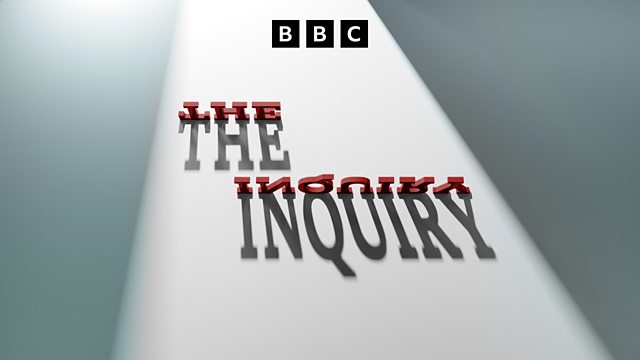
Is extinction a thing of the past?
New technology is allowing scientists to work towards de-extinction and help conserve species in decline
Scientists at a bio-technology firm made headlines when they announced the “de-extinction” of the dire wolf, a species of wolf that went extinct on Earth over 10,000 years ago. Colossal Biosciences examined DNA from ancient dire wolf fossils and used it to create wolf puppies with traits of the extinct species. The gene editing technology sparked curiosity around the world, and although the new wolves were not exact replicas of the originals they had similar traits. The development raises serious questions about what de-extinction really means.
Mass extinctions have shaped the history of life on Earth, and nature has adapted across the millennia, but with almost half of all species already in decline, including some frogs, how seriously is de-extinction technology being taken?
Contributors:
Dr. Beth Shapiro, Chief Science Officer, Colossal Biosciences, California, USA
Dr. Daniel Pincheira-Donoso, Associate Professor of Evolutionary Biology and Global Change, Queen's University Belfast, UK
Torill Kornfeldt, Science Journalist and author, Sweden
Dr. Jay Odenbaugh, Professor of Philosophy, James F. Miller Professor of Humanities, Lewis and Clark College, Oregon, USA
Presenter: Charmaine Cozier
Producer: Louise Clarke
Researcher: Maeve Schaffer
Editor: Tara McDermott
Technical Producer: Craig Boardman
Production Management Assistant: Liam Morrey
On radio
More episodes
Next
Broadcasts
- Tomorrow 07:06GMTBBC World Service
- Tomorrow 14:06GMTBBC World Service
- Tomorrow 17:06GMTBBC World Service East and Southern Africa & West and Central Africa only
- Tomorrow 21:06GMTBBC World Service except East and Southern Africa & West and Central Africa
- Saturday 18:06GMTBBC World Service except East and Southern Africa & West and Central Africa
- Sunday 00:06GMTBBC World Service
- Sunday 11:06GMTBBC World Service East and Southern Africa & West and Central Africa only
Podcast
-
![]()
The Inquiry
Getting beyond the headlines to explore the forces and ideas shaping the world

